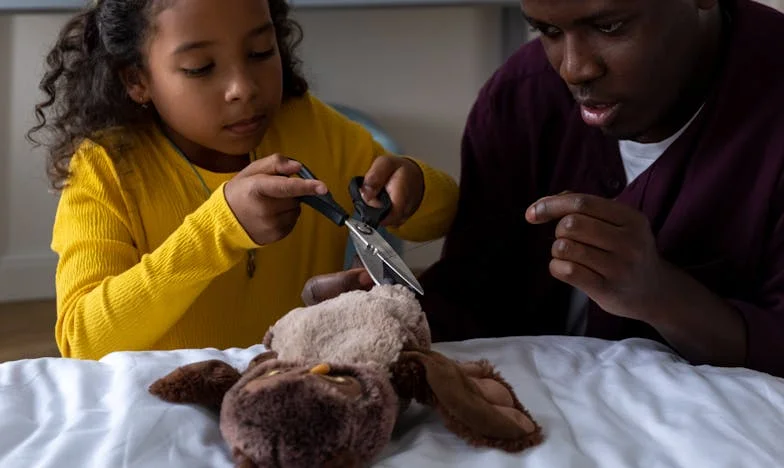“Having a Child at 38 and Avoiding Spoiling Him? Impossible”: A Mother Struggles with Her Selfish Son
At 38, when most of my friends were sending their kids off to middle school, I was just starting the journey of motherhood. My husband, Aaron, and I had faced several heartbreaking miscarriages before our son, Philip, came into our lives. He was our miracle, and perhaps that’s why it became so difficult not to give him the world.
Philip was a bright child from the start, quick to walk and talk, and always with a curious gleam in his eye. As first-time parents in our late thirties, Aaron and I read every parenting book we could find, attended workshops, and sought advice from friends and family. Despite our efforts, or perhaps because of them, Philip grew into a demanding child, accustomed to getting what he wanted, when he wanted it.
By the time Philip was five, he had more toys than he could play with and a schedule packed with activities: piano lessons, soccer practice, swimming classes. We thought we were giving him the best by filling his days with opportunities we never had. But our busy careers meant that these activities were often substitutes for spending time with him. Our nanny, Alexa, became his primary caregiver, and Philip learned to manipulate her affection to get his way.
The real problems began when Philip started school. His teachers reported that he had trouble sharing and often disrupted class to get attention. Each parent-teacher conference was a blow to our hearts, a stark reminder that something was amiss. We tried setting boundaries and enforcing rules, but Philip’s tantrums wore us down. Exhausted from work and feeling guilty, we often caved, undoing any progress we might have made.
As Philip grew older, his selfish behavior escalated. He demanded the latest gadgets, designer clothes, and extravagant birthday parties. If we hesitated, he would throw fits, accusing us of not loving him or comparing us unfavorably to his friends’ parents. Our family life became a series of negotiations and arguments, draining the joy from our home.
When Philip turned thirteen, we reached a breaking point. After a particularly fierce argument over a canceled trip due to his poor grades, Philip shouted that he hated us and stormed out. Hours turned into days, and despite our frantic searches and calls to his friends, Philip was nowhere to be found. It was the longest and most terrifying week of our lives until he finally returned home, unharmed but defiant.
Sitting across from him at the kitchen table, Aaron and I realized that our attempts to give Philip everything had backfired. We had intended to prepare him for the world, but instead, we had shielded him from the realities of life. Now, we faced a son who knew little of responsibility or empathy, traits no amount of money or late parenting could quickly instill.
As we seek professional help to guide Philip and mend our family dynamics, I often reflect on our journey. The joy of finally having a child was overshadowed by our fears of failing him. In trying to perfect his world, we neglected the essential lessons of love and limits. The road ahead is uncertain, and while I hold onto hope, I know some lessons come too late.
